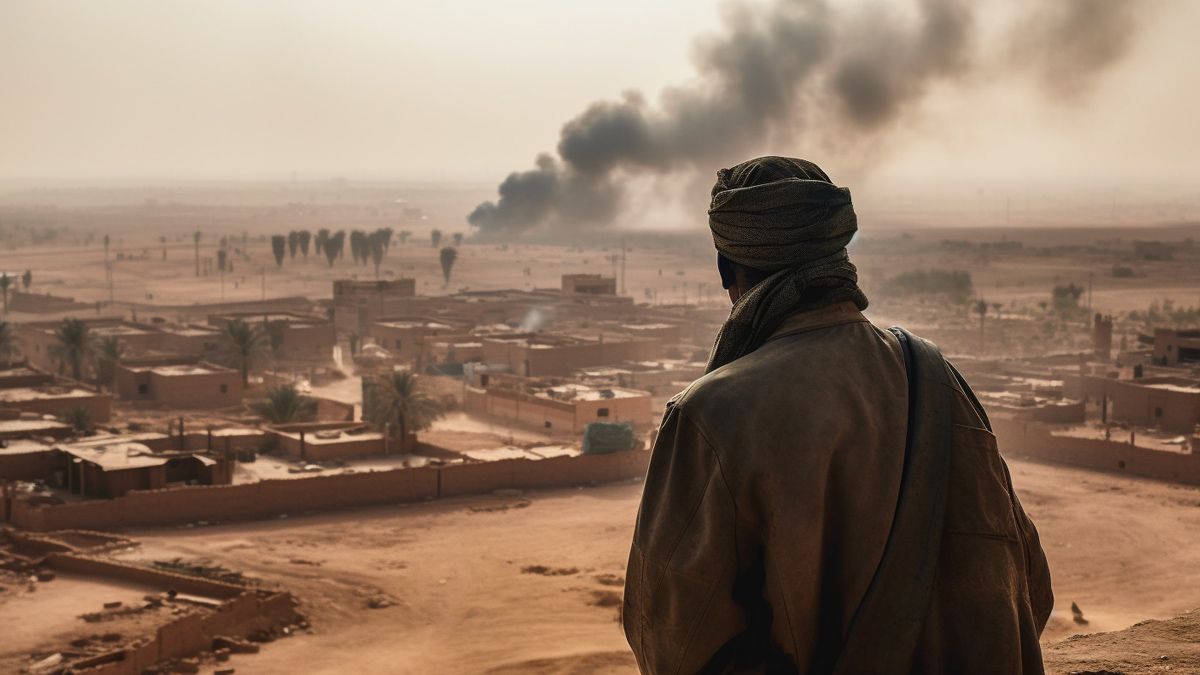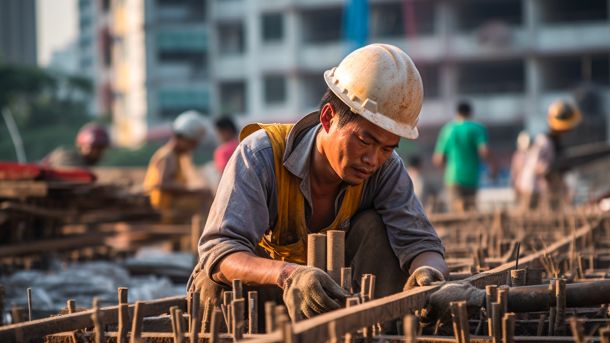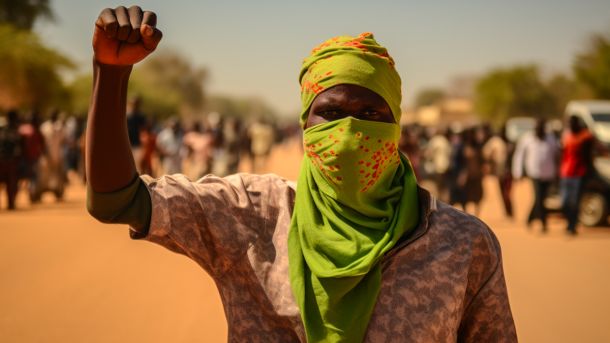Clashes in Sudan: Army and Rapid Support Forces in conflict, raising fears of civil war

Advertisement
The government has not released a casualty count from the fighting, which has raised fears of a broader civil conflict. Bombings and airstrikes shook Khartoum on Monday, including near the army headquarters, and in Bahri, across the Nile, near another base, witnesses in the affected areas reported. Smoke rose from the runway of the capital’s international airport, where explosions and fires were visible on television images.
Violence spreads to other regions of Sudan
The unusual outbreak of violence in the capital has spread to other regions of Sudan, pitting the armed forces against the Rapid Support Forces (RSF), a former militia that was supposed to merge with the army and whose leaders shared power within a governing military council. The army commander, General Abdel Fattah al-Burhan, leads the governing council, while the RSF commander, General Mohamed Hamdan Dagalo, known as Hemedti, is his deputy. Both sides claimed advances on Monday.
RSF commander Hemedti tweeted, calling on the international community to act now against what he called Burhan’s crimes, and described the army commander as a “radical Islamist who bombs civilians from the air”.
A prolonged power struggle risks plunging Sudan into civil war four years after the fall of autocrat Omar al-Bashir’s long rule during an uprising, as well as derailing an internationally-backed framework agreement to launch a civilian transition that was due to be signed earlier this month.
Calls for a ceasefire
U.S. Secretary of State Antony Blinken said an immediate ceasefire was necessary. Germany called on both sides to defuse the situation. “There is deep shared concern about the fighting, the violence that is taking place in Sudan – the threat it poses to civilians, to the Sudanese nation, and potentially even to the region,” Blinken said in Japan.
Offices, schools, and gas stations in the capital remained closed, while hospitals and health services were largely disrupted. Bridges connecting Khartoum to its sister cities of Omdurman and Bahri, across the two main branches of the Nile, were blocked by armored vehicles, and some roads leading to the capital were impassable.
With water and electricity cuts in large parts of the capital, some residents ventured out to buy food, queuing in front of bakeries. Social media users in the three neighboring cities reported heavy gunfire and artillery overnight, as well as the roar of warplanes.
This article was written based on information provided by Reuters news agency here.
Advertisement
Read next in World

International Investors Demand Concrete Steps to Restore Confidence in Chinese Real Estate Industry

West African Countries Impose Sanctions on Niger Following Coup

Turkish currency collapses by 7%, reaching an unprecedented level






